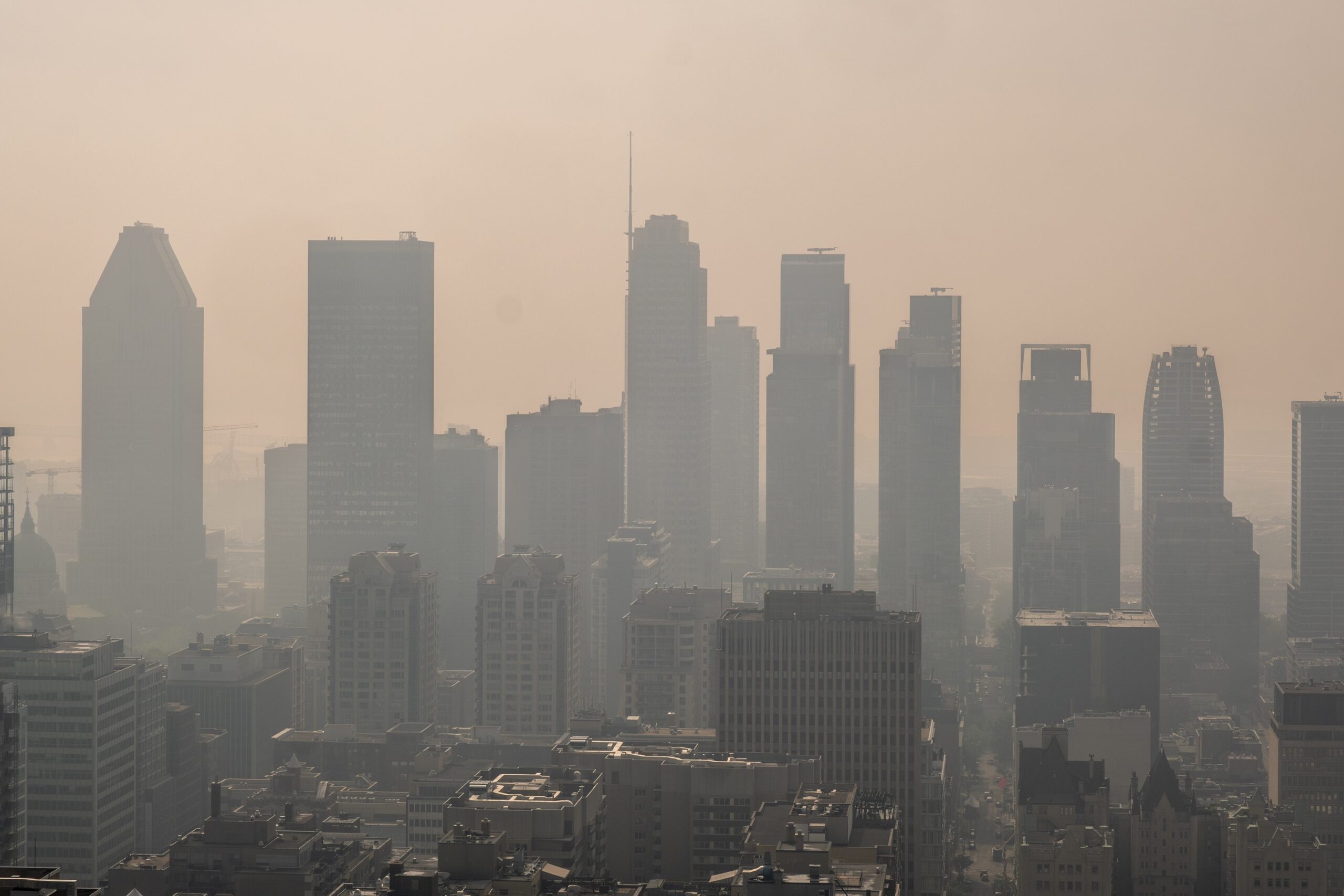Introduction: A Breath of Fresh Air?
As Montrealers brace for the winter months, rising concerns about the city’s air quality are sparking heated discussions among residents, activists, and city officials. With a backdrop of urban development, increased traffic, and climate change, the air quality in the city could soon affect public health more profoundly than it has in the past.
The Current State of Montreal Air Quality
Over the past few years, statistics have indicated fluctuations in Montreal air quality levels. According to the latest data from the Institut national de santé publique du Québec (INSPQ), there have been significant spikes in particulate matter and nitrogen dioxide levels, especially in high-traffic areas. For instance, the city recorded an average of 20 micrograms of PM2.5 per cubic meter—almost double the World Health Organization’s recommended threshold.
The Impact of Urban Development
Montreal’s rapid urbanization has led to expanded infrastructure projects and increased vehicular congestion. While these developments aim to modernize the city and support its growing population, they come at a cost. Urban planner Dr. Isabelle Fournier explained, “We need to balance development with environmental considerations. Comprehensive planning should prioritize green spaces and public transportation, as they directly influence air quality.”
Public Awareness and Response
Public reaction to air quality issues has been increasingly vocal, with many citizens taking to social media platforms to express their concerns. The hashtag #MontrealAirQuality is gaining traction, reflecting calls for action from local government. Posts ranging from anecdotal references to respiratory health concerns to demands for stricter regulations on emissions illustrate a growing awareness among residents. “It’s become impossible to ignore how poor our air quality is these days,” commented local activist Marie-Claude Tremblay. “It affects our daily lives, from the kids’ soccer games to simply walking downtown. We need urgent measures, not just promises.”
Looking Ahead: What Can Be Done?
Efforts to improve Montreal air quality have begun to surface but remain limited. Initiatives like the Green City Program focus on increasing urban greenery, enhancing bike lanes, and investing in public transportation systems. However, with pressure mounting from a concerned public, the city may need to adopt more aggressive measures. Experts argue for urgent updates to vehicular regulations and incentives for electric vehicles as critical steps in reducing air pollution.
Conclusion: A Call for Action
The path ahead for Montrealers is uncertain; a political will aligned with civic responsibility could shift the trajectory of air quality in the city from a downward spiral to a healthier future. As winter approaches, so too does the opportunity for change—whether that will manifest in tangible policies remains to be seen. Whether the city will emerge as a beacon of air quality or fall victim to its urban challenges depends on a collective commitment by authorities and local residents alike.
